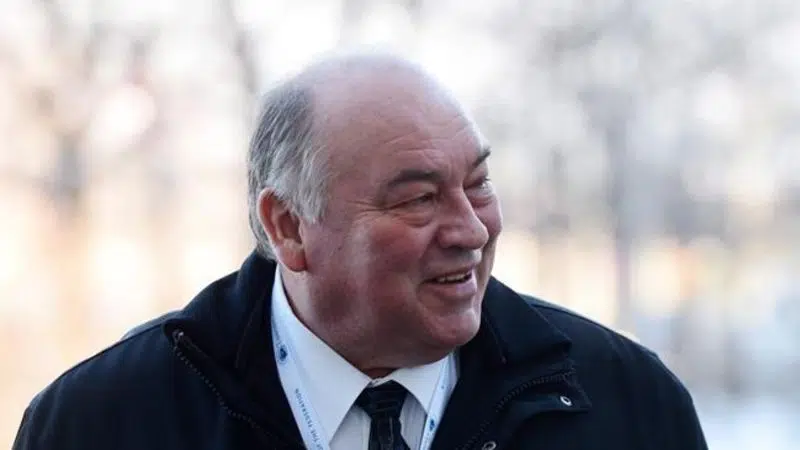
N.W.T. premier urges investment in Arctic ports as sea ice recedes
Climate change has hurt the northern economy in ways few southern Canadians can appreciate, says Northwest Territories Premier Bob McLeod, but he also wants to make sure his territory benefits from increased shipping traffic as Arctic sea ice recedes.
“It’s getting harder to resupply our communities,” Bob McLeod said in an interview Tuesday from Saskatoon, where he spoke at the Pacific Northwest Economic Region summit.
“We rely a lot on ice roads. Their life span is getting shorter and shorter,” he said.
McLeod noted fuel had to be flown in to three communities last year.


